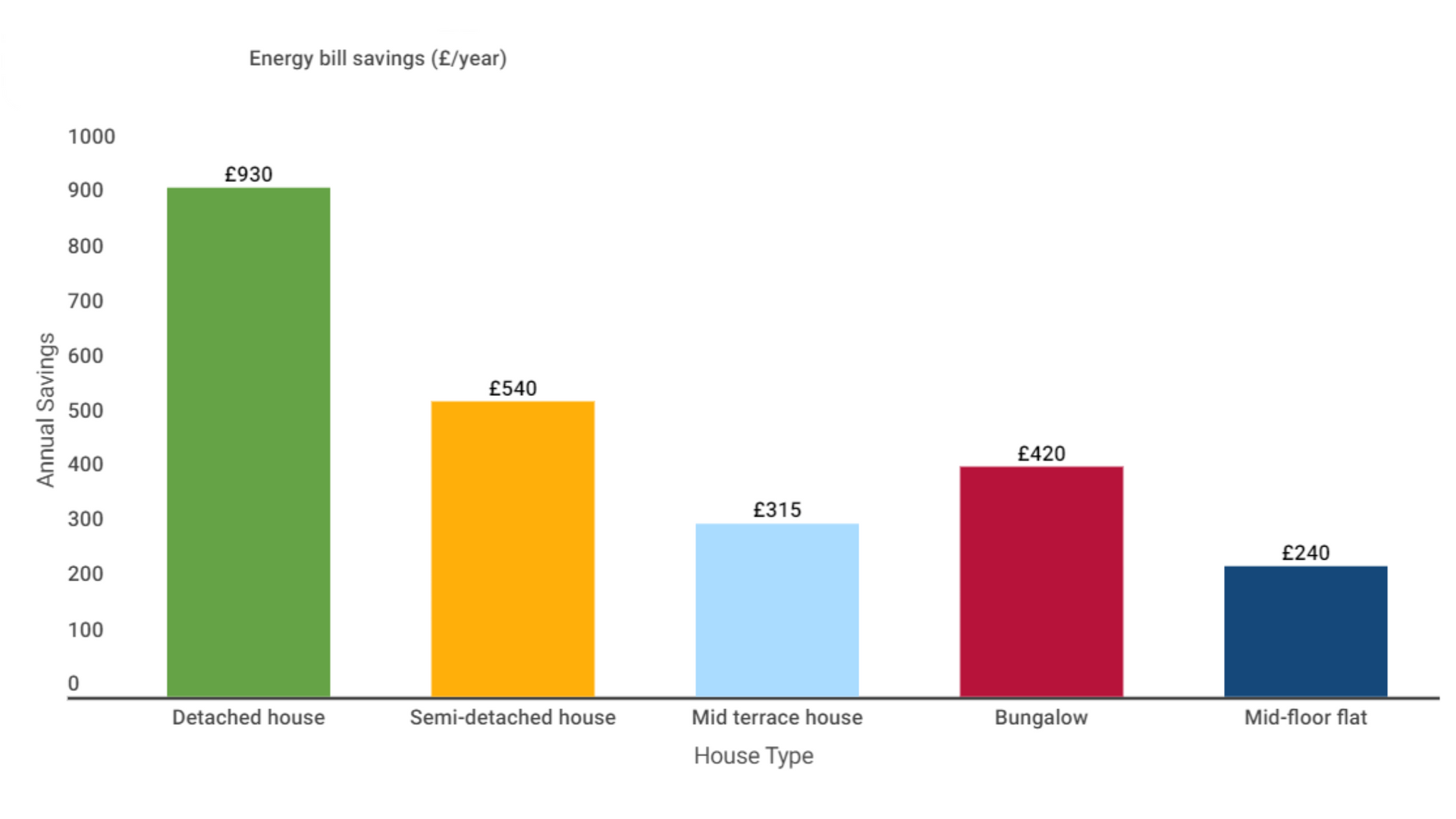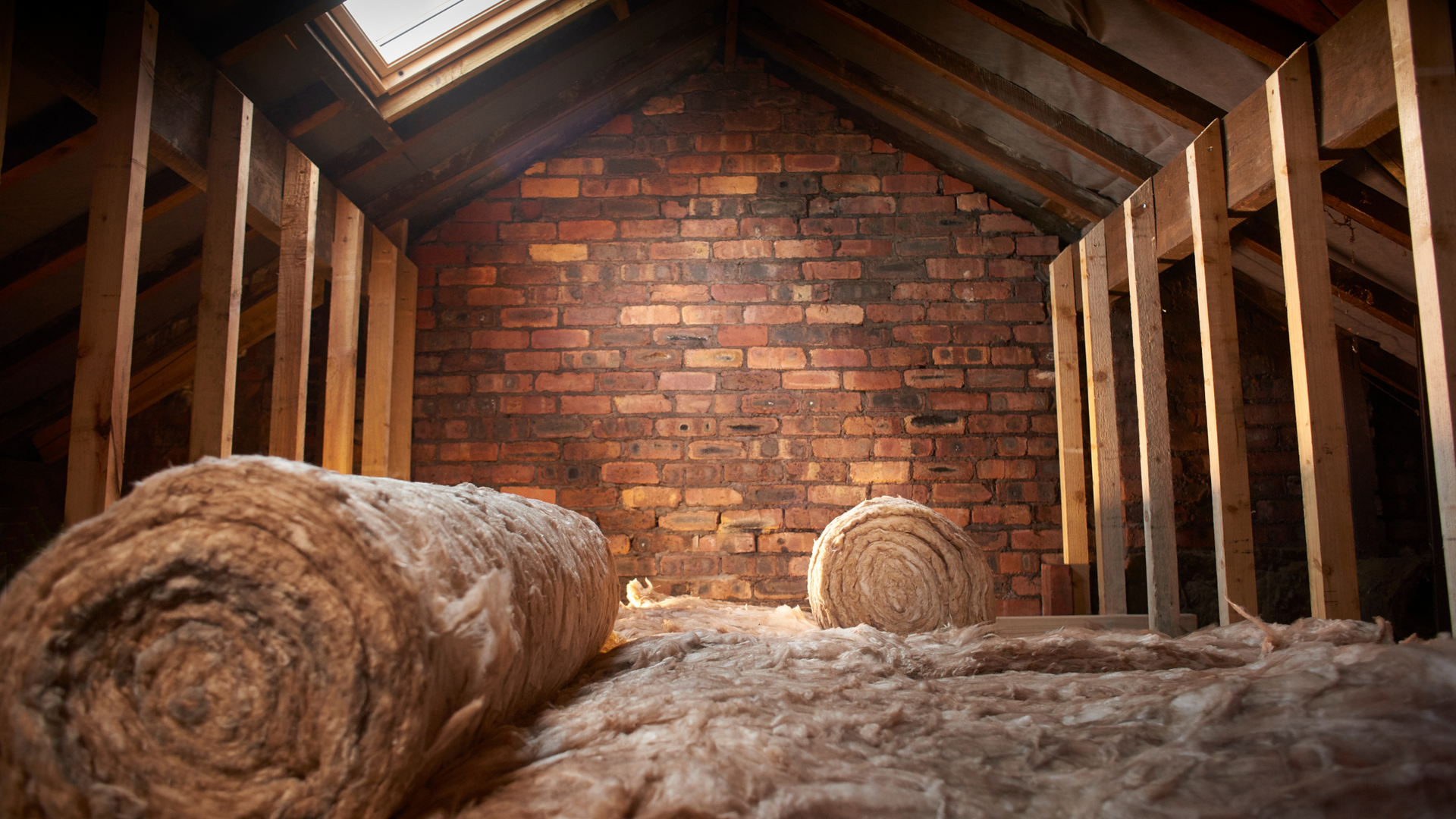External Wall Insulation: How it Can Reduce Your Energy Bills
By having external wall insulation installed to your property, it can significantly reduce your energy bills, enhance its kerb appeal, and minimise heat loss.
Installing solid wall insulation offers three primary advantages:
- It shields your home from heat loss, keeping it warm and comfortable.
- It reduces your heating expenses, saving you money on energy bills.
- It decreases your carbon footprint by lowering the amount of energy required to heat your home.
Working out if you need solid wall insulation or cavity wall insulation
Solid walls have no gap in between the bricks, which makes them suitable only for solid wall insulation. Cavity walls comprise of two layers, which have a cavity between them, hence the name.
To work out, what type of walls you have, you can check the brickwork of your home and refer to the images below.
Cavity Wall:

Solid Wall:

As you can see in the images, the bricks in a solid wall will have an alternating pattern, with some bricks laid across the wall so you can see the smaller ends from the outside. As for the cavity wall, all the bricks are laid lengthways in an even pattern.
If the brickwork is no longer visible and you can’t tell the type of wall, you can seek advice from an
expert installer. Get in touch with our team of installers at contact@sfp-contracts.co.uk.
In addition, some houses will have non-traditional construction, for example, concrete, steel – or timber-framed. To have external wall insulation installed, you will need to speak to an expert. The SFP Contracts team have the needed experience and skillset to advise you on your options.
What is External Wall Insulation?
An EWI system is the process of fixing a layer of insulation material (insulation boards) to the façade of the building, which is then covered by a layer of external render.
The render can achieve different textures and appearances depending on your preference. By implementing a fabric-first approach the render can be brick slipped, brick rendered, dash rendered or most commonly Silicone Finish.
Why choose solid wall insulation for your home:
- It will achieve a revamped appearance of the exterior of your home
- It will offer a longer lifespan for the walls
- It will reduce condensation, which will reduce the risk of damp
- It will improve the weatherproofing and sound resistance of the walls
- Reduce heat loss and CO2 emissions
The savings solid wall insulation can achieve and the financial support you can seek
This is the amount you can save on your energy bills per year if you have external wall insulation installed:

Source: Energy Saving Trust
These are estimates based on insulating a gas-heated home. Costs may vary significantly depending on the level of work required. The above estimates are based on a typical install, ranging from a small flat to a large detached home. Prices are based on fuel prices as of March 2023.
If you’re seeking financial support to carry out the needed insulation, there are several ongoing energy-efficiency government schemes that SFP Contracts services can be utilised for and implement our fabric-first approach.
These include:
- LADS (Local Authority Delivery Scheme)
- HUG (Home Upgrade Grant)
- ECO4 Scheme
- ECO+ Scheme
- ECO Flex Scheme
- SHDF (Social Housing Decarbonisation Fund)
- BUS (Boiler Upgrade Scheme)
We're happy to take you through the eligibility criteria of each grant, check if you qualify for free insulation and carry out the energy-efficiency project from start to finish. Learn more about the schemes by clicking here.








